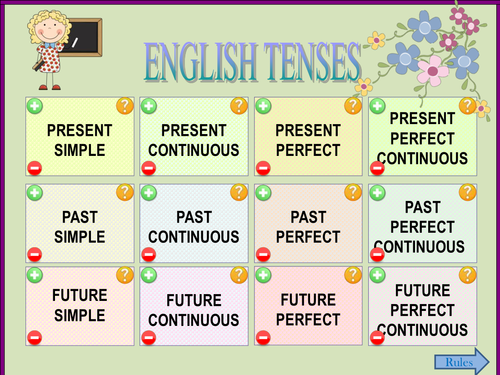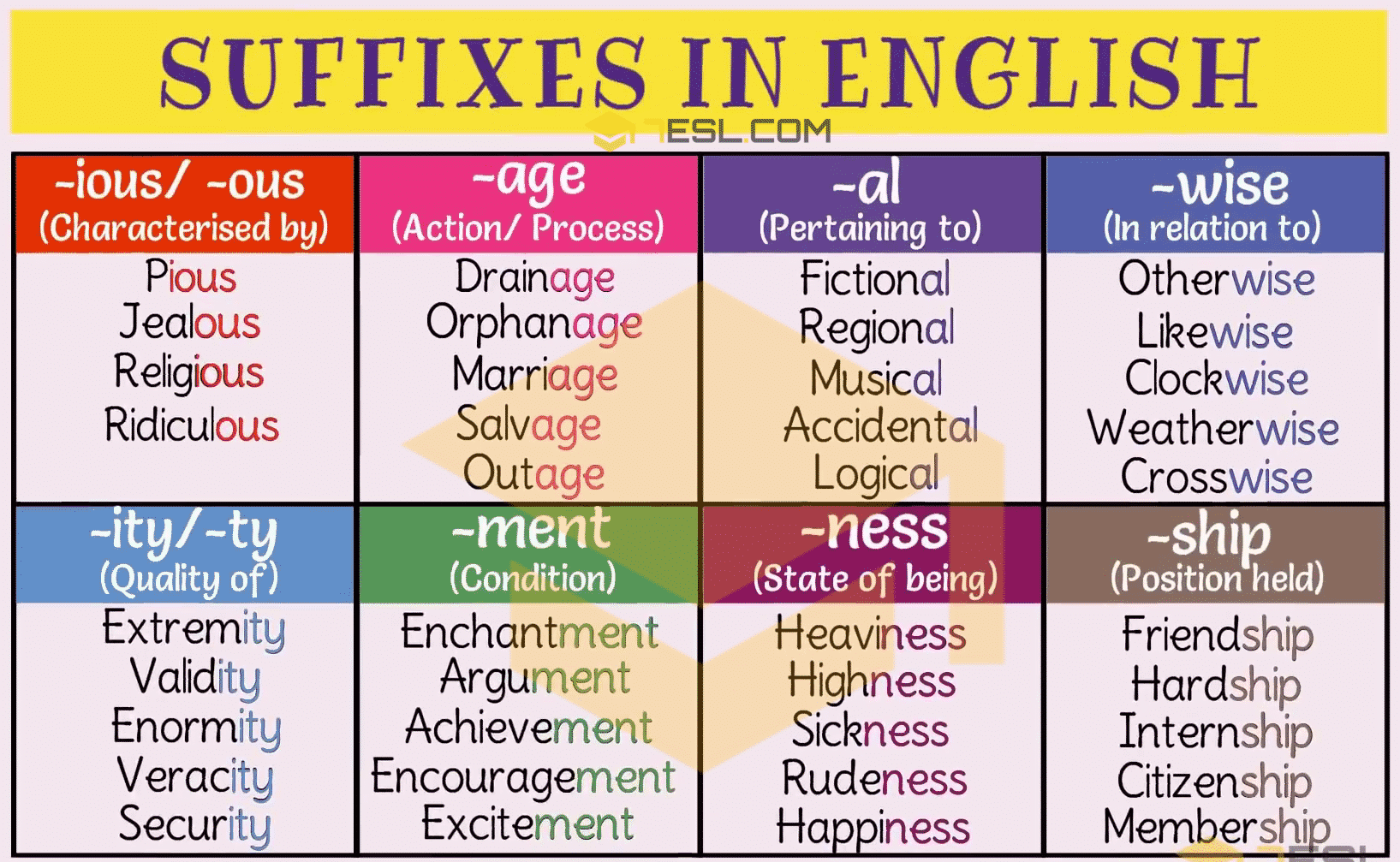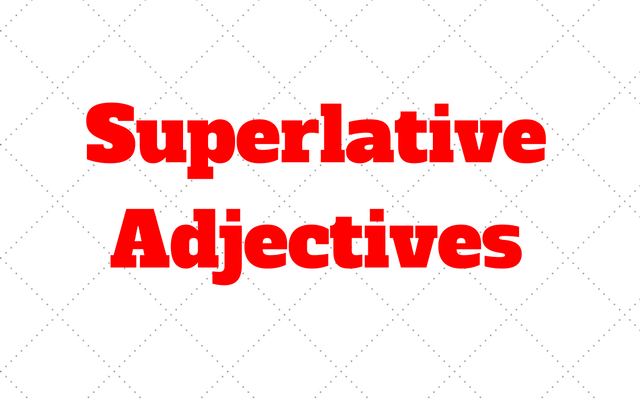The Cambridge Dictionary defines competences as, “The ability to do something well”. But when we try to define what is language it comes to be a wide term because it includes linguistic or grammatical competence, discourse competence, sociolinguistic or socio-cultural competence, etc.
In general, we can say that language competence deals with knowledge of the language and the ability to use that knowledge to interpret and produce meaningful texts according to the situation in which they are used. There are many ways to enhance language competence but the best way to do it is using learning activities or tasks where the language is used for real purposes, in other words, in practical applications where students face real situations and they can use their abilities to tackle those situations successfully.
Lexical Competence
Diego Marconi (MIT Press, 1997) defines lexical competence in simple words as, “The competence in understanding words”. He claims that lexical competence is divided into inferential and referential competence.
- Referential competence is the ability to put on words to objects in either direction: to say ‘book’ in response to naming a book and to pick a book in response to ‘book’; application.
- Inferential competence is the ability to elicit good inferences concerning words: if x is a book, then x is a classroom object, etc. According to Marconi, using referential competence does not affect in any way to inferential competence and vice versa.

Grammatical Competence
The IGI Global (2019) refers to grammatical competence as “The mastery of the linguistic code. It is the ability to recognize lexical, morphological, syntactical, and phonological features of a language and to use these features effectively to interpret, encode, and decode words and sentences. While Richards, J. says, “Grammatical ability refers to knowing how grammar is used in communication”.
In other words, grammatical competence is, “The knowledge of grammar, lexis, morphology, syntax, semantics and morphology”.

Lexical-Grammatical Competence
Taking into account the previous concepts I define lexical-grammatical competence is the ability to use both competences with the aim to recognize, produce, and understand words and grammatical structures to use them effectively in written and spoken communication.

How to Enhance Lexical and Grammatical Competences
There are uncountable strategies to improve students’ lexis and it will depend on the teacher which is the most appropriate activity for his students. In class we can use flashcards, memoramas, word search activities, word-root activities, etc. In my opinion, one of the most important activities students can do to enhance their lexis is by reading. In all languages, if I am not wrong, the person who reads is the person who has more vocabulary, therefore that person can deal with many situations such as long conversations and presentations.
In order to improve their grammatical competence my students are made to write summaries, short essays, about their hobbies, experiences, and even movies reviews. All students exchange their writings and encourage peer correction, at the end, teachers revise students’ works and provide feedback so students keep improving their grammatical competence.

ENGLISH TENSES

In the English language, as in many other languages, tenses are very important because they tell us the time when something happened, happens or will happen.
There are twelve main tenses in the English language which are used for different purposes.
SIMPLE PRESENT
The Simple Present is the most common tense in English. It is used for different purposes such as the following.
- Habitual actions in the present
I go to the school everyday.
She listens to music.
- Events that are permanent true
They work in a big company.
Manuel lives in Toluca.
- For future events or plans with schedules
My train leaves tomorrow at 7am
The concert starts tonight at 10pm
- Another way to use the Simple Present is to talk about future. In order to having a future meaning, we need to combine a Simple Present sentence with IF, WHEN, BEFORE, AFTER, and a future sentence.
When I get home, I will take a shower.
Before I finish my English courses, I’m going to travel to the USA.
SIMPLE PAST
- For completed actions in the past
I went to the church last Sunday
My wife cooked something delicious.
- For completed actions that happened at the same time
I raised my hand and I asked him a question
She swept and mopped the floor.
SIMPLE FUTURE WITH WILL
- For simple future plans
I will take a shower.
We will watch a movie.
- For predictions about the future
I think it will rain.
I don’t think she will come today.
- For decisions made at the moment
I’ll do it.
I’ll take it.
- For promises
I will love you for the rest of my life.
I will look after your kids.
- For promises, specially using WON’T
I won’t drink anymore.
They won’t do it again.
- On the other hand, we can also use WILL to talk about particular habits and behavior, either good or bad.
He will go running everyday
My mom will get up at 7 am every single day.
PRESENT PERFECT
- For completed actions in the past but at an indefinite time
She has participated in the Houston marathon.
I have cleaned my room.
- Actions that started in the past and are still true
I have worked in Harmon Hall for 4 years.
She has painted over 6 houses up until now.
- For repeated actions in the past
We have been to Europe 3 times.
I have kissed her many times.
PAST PERFECT
- For an action before another one in the past
We had finished the project when the computer broke down.
I had cleaned the house when my mom arrived.
PRESENT CONTINUOUS
- For actions happening at the moment of speaking
I am creating my blog.
She is preparing her presentation.
- Future actions with specific time
They are traveling to Cancun next Monday.
I am having my prom tomorrow.
PAST CONTINUOUS
- For actions that were in progress in the past before a completed action
I was watching TV when my girlfriend called me.
We were talking about Mayra when she entered to the classroom.
FUTURE CONTINUOUS
- For actions that will be in progress in the future
I will be studying for me exam at this time tomorrow.
Next year, I will be doing my admission exam.
PRESENT PERFECT CONTINUOUS
- For actions that started in the past and continuous until the present
I have been studying English since the last semester.
You have been dating Melissa for 3 years now.
PASSIVE VOICE
- The Passive Voice is used to focus on the receiver (object) of the action (verb) rather than on the doer (subject).
- It is used when the doer is not important, is unknown and simply because you don’t want to mention it.
- If you want to mention the doer just add BY + doer.
The police investigates the crime —– The crime is investigated (simple present).
The police arrested two criminals —– Two criminals were arrested (simple past)
Robbers are assaulting a bank —– A bank is being assaulted (present continuous)
Archaeologists have discovered a new pyramid —– A new pyramid has been discovered (present perfect)
Chefs were baking a cake —– A cake was being baked (past continuous)
Teachers had created a new program —– A new program had been created (past perfect)
Samantha will do the project —– The project will be done (future with will)
Students are going to plant trees —– Trees are going to be planted (future with going to)
Government should cancel the program —– The program should be canceled (modals)

Modal Verbs are sometimes called Auxiliary Verbs because they give extra and specific meaning to the principal verb of a sentence.
The following are the modal verbs used in English.

These modal verbs can be used to express ability, obligation, permission, assumptions, probability and possibility, requests and offers, and advice. Each of these modal verbs might have more than just a meaning because of the context they are used in.
Structure
- A modal verb will be always followed by a verb in its base form.
- The verb is never conjugated i.e. NO verbs in -ING form, simple past or past participle.
Subject + modal verb + base form verb
- She must answer the phone.
- He can ride a bike.
- We ought to respect adults.
- Monica should do her homework.
Modal verbs can express a range of meanings. Here are some.
Expectations———- SHOULD / OUGHT TO
- There should / ought to be a document going around.
Guesses——— MUST / MIGHT / COULD / MAY
- The projector must be warming up. It might / could / may be broken.
Necessity——– SOULD / OUGHT TO / HAVE TO / NEED TO / ‘D BETTER
- I should / ought to / have to / need to / ‘d better stop.
Suggestion / Advice——— MIGHT WANT TO
- You might want to check out the articles on the handout.
Ability——-CAN
- Can you all see the screen?
Failure (to operate)——– WON’T
- The projector won’t connect to my laptop.
Requests——- COULD / WOULD / CAN
- Could / would / can somebody turn the lights off, please?
Offers—— WILL / CAN / COULD
- I will make the screen bigger. I can / could turn it up.
Permission——-MAY / COULD / CAN
- May / Could / Can I ask a question? Yes, you May / Can
Practice with modal verbs by clicking the following link.

PREFIXES
A prefix is a group of letters placed before a word. For example, the word “IMPATIENT” consists of the prefix “IM-” [which means “not”] combined with word “PATIENT”; the word “IMPATIENT” means “NOT PATIENT.”

- Click on the link for more practice about Prefixes. http://www.softschools.com/quizzes/grammar/prefix/quiz304.html
SUFFIXES
A suffix is a group of letters placed after a word. For example, the word «CARELESS» consists of the word “CARE” combined with the suffix “-LESS” [which means “without”]; the word “CARELESS” means “HAVING NO CARE.”

- Click on the link for more practice about Suffixes. https://www.english-in-chester.co.uk/e-learning/lesson/suffixes/

When we talk about two things, we can «compare» them so we can use comparative adjectives to describe the differences. Comparative adjectives are usually followed by “than.”
There are two ways to make comparative adjectives.
- Short adjectives: Add “-er or ier”
Happy – happier Saul is happier than Ximena
Old – older My brother is older than my sister
Fast – faster A rabbit is faster than a turtle
- Except the adjective FUN – MORE FUN Going to the theater is more fun than a party.
- Long adjectives: Use “more or less”
Beautiful – more beautiful Sally is more beautiful than Yuridia
Honest – more honest Politicians are more honest than policemen
Organized – less organized I am less organized than my wife
- We can also compare nouns: Use “more or less”
Classrooms – more classrooms My school has more classrooms than your school
Dogs – more dogs I have more dogs than you
Castles – less castles Mexico has less castles than France
Click here for more practice about Comparatives https://www.perfect-english-grammar.com/comparative-adjectives-exercise-1.html

A superlative adjective expresses the extreme or highest degree of a quality. We use a superlative adjective to describe the extreme quality of one thing in a group of things.
There are two ways to make superlative adjectives.
- Short adjectives: Add “the + -est or iest”
Long – the longest The Nile is the longest river in the world
Sexy – the sexiest Manuel is the sexiest in the school
Strong – the strongest Superman is the strongest hero
- Long adjectives: Add “the most or the least”
Responsible – the most responsible I am the most responsible in my family
Interesting – the least interesting A museum is the least interesting thing for me
Click the following link to practice with Superlatives https://www.ecenglish.com/learnenglish/lessons/practice-comparatives
VERBS AS PRONOUNS
A verb can be the subject of the sentence when it is at the beginning of the sentence. For example:
- Working as a doctor is a very rewarding job.
- Not sleeping enough may cause some people to have migraine
- Reading a lot provides you a lot of vocabulary
VOCABULARY TO EXPRESS PURPOSE
There are several words used to express purpose but not all of them are used the same way. See the following rules.
NOTICE that they are followed by a base form verb.
Use to, so as to, and in order to to express purpose in the affirmative form.
- Luis got a loan to pay his car
- Manuel talk to Melissa so as to ask her some doubts about the homework
- I need to send this activity in order to pass the course
Use so as not to and in order not to to express purpose in the negative form.
- The guy paid a parole so as not to go to jail
- Corona has a very attractive program in order not to contaminate the planet
You can also express purpose with so that. In this case you generally need to use a modal. It can be used for either affirmative or negative sentences.
NOTICE that it is followed by a clause
- I saved a lot of money so that I can go on vacation next summer
- Alice join an English club so that she could practice her English more often
- Students had to read a poetry so that they wouldn’t fail the literature class
Purpose can be also expressed by using for. For may be followed by either a noun or a verb + ing.
- My wife went to the store for a soda
- I decided to be chef for cooking delicious dishes
References
Cambridge Dictionary. Cambridge University Press. (2019).
Nordquist, R. (2017). Linguistic Competence. Glossary of Grammatical and Rhetorical Terms. ThoughtCo. https://www.thoughtco.com/what-is-linguistic-competence-1691123
Marconi, D. (1997). Lexical Competence. Massachusetts Institute of Technology Press. https://mitpress.mit.edu/books/lexical-competence
Tanaka, S. (n.d). Lexical Competence in English. COCONE Institute for Language Education. [PDF]. https://www.cifle.jp/news/cifle_report_008.pdf
Tanaka, S. (n.d). Grammatical Competence in English. COCONE Institute for Language Education. [PDF]. https://www.cifle.jp/news/cifle_report_009.pdf
IGI Global. (2019). What is Grammatical Competence. https://www.igi-global.com/dictionary/grammatical-competence/12429
Jack C. Richards. (2019). Grammatical Knowledge vs. Grammatical Competence. Posted by Deborah, Israel. https://www.professorjackrichards.com/grammatical-knowledge-vs-grammatical-competence/

